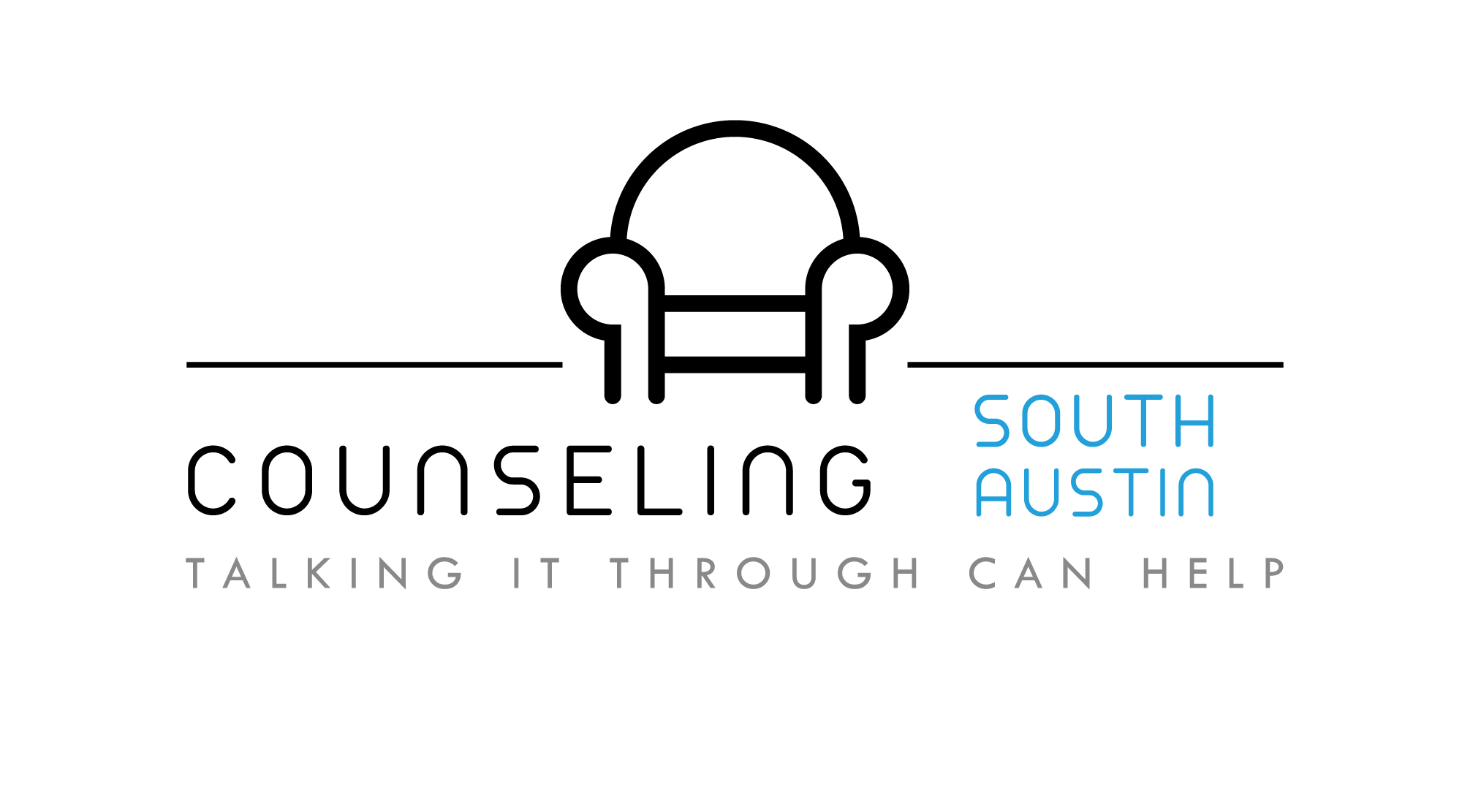 Most people see the financial benefits of sliding scale counseling. Paying a lower rate can help you afford more regular sessions and get the help you need.
Most people see the financial benefits of sliding scale counseling. Paying a lower rate can help you afford more regular sessions and get the help you need.
But what about the other benefits that come from seeing a therapist who offers a sliding scale? Let’s talk about all the reasons, starting with diagnosis.
Many folks who go to therapy don’t have a diagnosable mental illness.
So, what do you do when your insurance company requires a diagnosis in order to reimburse you for the services you’ve received?
The short answer: you may be footing the bill for treatment on your own.
It’s a real problem.
At Counseling South Austin, we are pleased to offer inexpensive, quality counseling services to the south Austin community.
Working with a sliding scale therapist offers a number of advantages over using your insurance.
We use the sliding scale model because we feel it fits best with the needs of our clients and our counselors.
10 benefits of sliding scale counseling
If you work with a therapist on a sliding scale, you don’t have to worry about…
1.) Session limits. That’s how many sessions of therapy your insurance company allows per year. Some plans only cover a small number of sessions (8-12, or 2-3 months of therapy total). Someone from your insurance plan gets to dictate how long you get help, rather than you and your therapist making that decision. Benefits of sliding scale counseling includes getting to choose how long you stay in therapy.
2.) Getting diagnosed. What if you don’t qualify for a diagnosis? Or what if you don’t want your diagnosis as part of your medical record? A sliding scale counselor does not require a diagnosis from you. Most insurance companies require a diagnosis to process your claims.
3.) Preauthorization. This means getting approval from your insurance company before you begin therapy, and again periodically throughout treatment. The process and paperwork can sometimes delay beginning or continuing treatment. Benefits of sliding scale counseling include less paperwork and less time in phone tree hell with your insurance company.
4.) Restricted choice of therapist. Many excellent therapists are not on insurance panels. But, some are willing to negotiate a sliding scale. This compromise allows them to offer you a more affordable rate, while also protecting your privacy and reducing your insurance plan’s involvement in your treatment. Benefits of sliding scale counseling include choosing from a wider range of therapists.
5.) Deductibles. That’s how much you have to pay out of pocket before your insurance benefits kick in. If you have a high deductible plan, your first few months in therapy will be very expensive before your copay kicks in. If your therapist offers a sliding scale, your therapy costs the same every week. It’s a bit easier to plan your budget.
6.) Copays. Depending on your plan, your copay – the amount you pay each session once your deductible is met—may be about the same as a therapist’s low-end sliding scale fees.
7.) Restricted services. Many insurance plans do not reimburse for certain kinds of therapy, including couples therapy, family therapy and art therapy. Benefits of sliding scale counseling include getting the care you need in whichever format you need it, without worrying whether you’ll get reimbursed for the service.
8.) Paying a whopping no-show fee. If you work with a therapist on your insurance panel, they have a full cash fee—probably in the ballpark of $125+ per session. If you miss a session or cancel without notice, you’re responsible for paying that fee out of pocket. Your insurance will not cover it.
9.) Your privacy. Most insurance plans require a fair amount of documentation about your care in other to authorize services, including a diagnosis, progress notes, treatment plan, and other private details about your care. These become a part of your medical record. Benefits of sliding scale counseling include having greater privacy and control of your medical information.
10.) Affordable coverage. Some insurance plans do not include mental health benefits, or the coverage only extends to inpatient treatment (hospitalization) and not outpatient, office-based psychotherapy. If you are uninsured or underinsured, sliding scale services are an affordable way to get the care you need.
Sliding scale counseling services are an affordable, user-friendly alternative to using your insurance benefits.
With sliding scale therapy, you know exactly what you’ll pay—every time. You won’t have to deal with denied claims, deductibles, or diagnoses.
If you’re looking for affordable, sliding scale counseling in south Austin, you’re in the right spot. We offer counseling services on a sliding scale of $60 to $120.
And we offer free, half hour in-person consultations for anyone who isn’t quite sure who they want to work with or if counseling for them.
Ready to set up a consultation or appointment? Contact the therapist you’d like to see, and they’ll get back to you within 24 hours.

How helpful that you discuss the no-show fee that is usually paid with therapy. My son has been having some mental issues this year. I will find a good psychologist in our area.